What are the most common mistakes new communication skills trainers make?
- Carly (CJ) Shorter
- Jul 4, 2025
- 2 min read
Updated: Aug 15, 2025

Trying to “polish” instead of being real, cramming in too much content for the time allotted or ‘telling’ without asking.
Simon Sinek nails it when he says "authenticity means the things you say and things you do you actually believe" [1]. When you're authentic, people are more likely to trust you. When you're performing, they see right through it. Neuroscience backs this up - research shows our brains are literally wired to detect incongruence between what people say and what they believe, making authenticity not just good practice but neurologically essential for effective communication [2].
The brilliant truth? Most new trainers are so terrified of looking unprofessional they become corporate robots. They stuff sessions with enough content to choke a horse and lecture instead of facilitate.
Stop trying to be perfect. Your participants don't want a walking PowerPoint - they want someone real who understands their communication struggles. That nervous laugh when you mess up? That's connection (so long as it’s not happening every time you speak). Admitting you don't know something, or want to confirm your knowledge? That's learning, which is what you’re asking your participants to do.
The content cramming is ego disguised as generosity. You think more equals better value, but information overload is selfish. Pick three things they can use tomorrow, not thirty they'll forget by lunch.
And let’s just call it out - stop monologuing. Communication training where only the trainer communicates is like teaching swimming without water. Get them talking, practicing, stumbling through real scenarios. That's where transformation happens.
Related Questions:
How do I recover when I make a mistake during training delivery? Own it, laugh about it, and keep going - mistakes make you human, not incompetent.
What's the ideal content-to-practice ratio for communication workshops? 30% content, 70% practice - they need to DO it, not just hear about it.
How can I gauge if I'm being authentic versus unprofessional? Authentic feels vulnerable but valuable; unprofessional feels sloppy and unprepared.
Related Questions:
How do I recover when I make a mistake during training delivery?
What's the ideal content-to-practice ratio for communication workshops?
How can I gauge if I'm being authentic versus unprofessional?
Source Links:

